Solution
I would suggest you to use a loop instead of a regular expression.
Example
Here is an example I have prepared for you of how to implement this in C++:
bool splitString(const QString &str, int n, QStringList &list)
{
if (n < 1)
return false;
QString tmp(str);
list.clear();
while (!tmp.isEmpty()) {
list.append(tmp.left(n));
tmp.remove(0, n);
}
return true;
}
Note: Optionally you can use QString::trimmed(), i.e. list.append(tmp.left(n).trimmed());, in order to get rid of the leading whitespace.
Result
Testing the example with your input:
QStringList list;
if (splitString("+1.838212011719E+04-1.779050827026E+00 3.725290298462E-09 0.000000000000E+00", 19, list))
qDebug() << list;
produces the following results:
without QString::trimmed()
("+1.838212011719E+04", "-1.779050827026E+00", " 3.725290298462E-09", " 0.000000000000E+00")
with QString::trimmed()
("+1.838212011719E+04", "-1.779050827026E+00", "3.725290298462E-09", "0.000000000000E+00")
